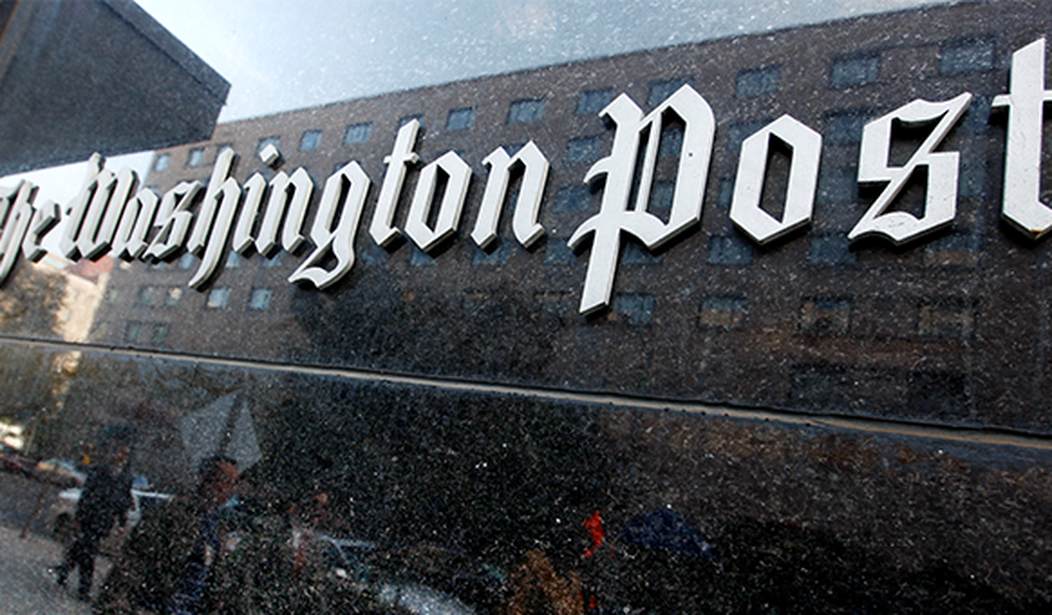Last Monday I wrote about the Washington Post decision to investigate its own incoming editor. It looked on its face like a clear attempt by the Post newsroom to reject Robert Winnett before he even arrived. And as we now know, that effort worked. Last Friday Winnett decided he would not be joining the Post after all.
Mr. Winnett will stay at The Daily Telegraph, where he is the deputy editor, according to emails sent on Friday to employees of the London-based newspaper and to staff members at The Post.
“I’m pleased to report that Rob Winnett has decided to stay with us,” read a message to Telegraph employees from the newspaper’s top editor, Chris Evans. “As you all know, he’s a talented chap and their loss is our gain.”...
Mr. Winnett earned a reputation as an unassuming newshound whose relentless pursuit of scoops earned him the nickname “Rat Boy.” But on Friday, several Washington Post journalists told The Times that, in light of the recent reports about him, they were relieved that Mr. Winnett would not be leading their newsroom.
“Rat Boy is out!” one journalist said in a text message.
It turns out this was exactly what it looked like. According to a story published by Puck last week, reporters at the Post decided to dig up dirt on Winnett shortly after his new position at the paper was announced.
In early June, just days after Washington Post publisher and C.E.O. Will Lewis announced a surprise masthead restructuring that would replace executive editor Sally Buzbee with longtime Fleet Street veteran Rob Winnett, a group of Post journalists began scheming a plan to dig up dirt on their publisher and his new top editor...
Within days of Buzbee’s ouster, some Post journalists decided to take matters into their own hands. During a meeting of the foreign desk early that week, led by Post international editor Doug Jehl and his deputy Jennifer Amur, journalists discussed a plan to investigate both Lewis and Winnett to see if they could unearth unflattering information about the two men’s history in the U.K., where they once worked together as journalists at the Sunday Times and The Telegraph. At least one staffer present at the meeting later brought the issue to Lewis’s attention, said it was a shameful reflection on the Post’s own ethics—a hit job masquerading as journalism—and encouraged him to take action. Lewis instead referred the matter to human resources.
What exactly prompted this and why were international editors at the front of this effort? According to Dylan Byers it might have had something to do with Post C.E.O. Will Lewis complaining that, under Sally Buzbee's leadership, the paper seemed to have an anti-Israel bias. Buzbee apparently revealed at some point that her own daughter was part of the pro-Palestinian protest movement that Lewis thought the paper should be reporting on.
Also, it appears there was a bit of shenanigans with the story the Post finally published.
Post reporters first reached out to Winnett on Sunday evening to ask him for comment on the story, just a few hours before it was published. Winnett furnished responses to their inquiries to the Post’s P.R. team, which were not included in the Post’s report. Instead, a jarring and startling line in the story stated: “Winnett, currently a deputy editor of The Telegraph, did not respond to a detailed list of questions.” Post comms chief Kathy Baird declined to comment on the matter.
Was the Post P.R. team gravely incompetent? Were they instead quietly manipulating the situation to side with their newsroom, which was by now nakedly trying to nuke not only Winnett but also Lewis...
What's the point of asking for responses to a story if you don't include the response? Are we supposed to believe this was all a big mistake?
As Byers points out, they put six reporters on this nothing story which no one outside the Post cared about. Clearly the fix was in. The paper wanted to run that line about Winnett not responding to make him look guilty. If they'll treat their own incoming editor this way, you can imagine what this same newsroom will do on a major political story where the outcome might actually matter. They are not going to play it straight.
The backstory to all of this is that Winnett was being brought in to help turn the paper around. Publisher Will Lewis tried to explain this to the newsroom last month:
In a presentation to employees on Wednesday morning, Post publisher Will Lewis painted a stark picture of The Post’s finances, revealing that the publication has lost $77 million over the last year and has been bleeding digital readers for several years. “To speak candidly: We are in a hole, and we have been for some time,” he said.
Clearly the newsroom doesn't care as much about breaking even as they do about partisan purity.








Join the conversation as a VIP Member